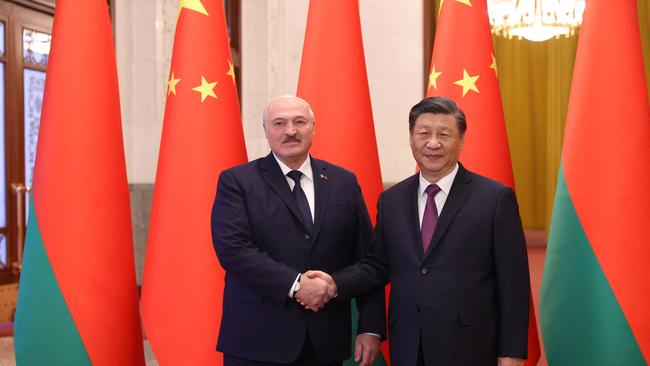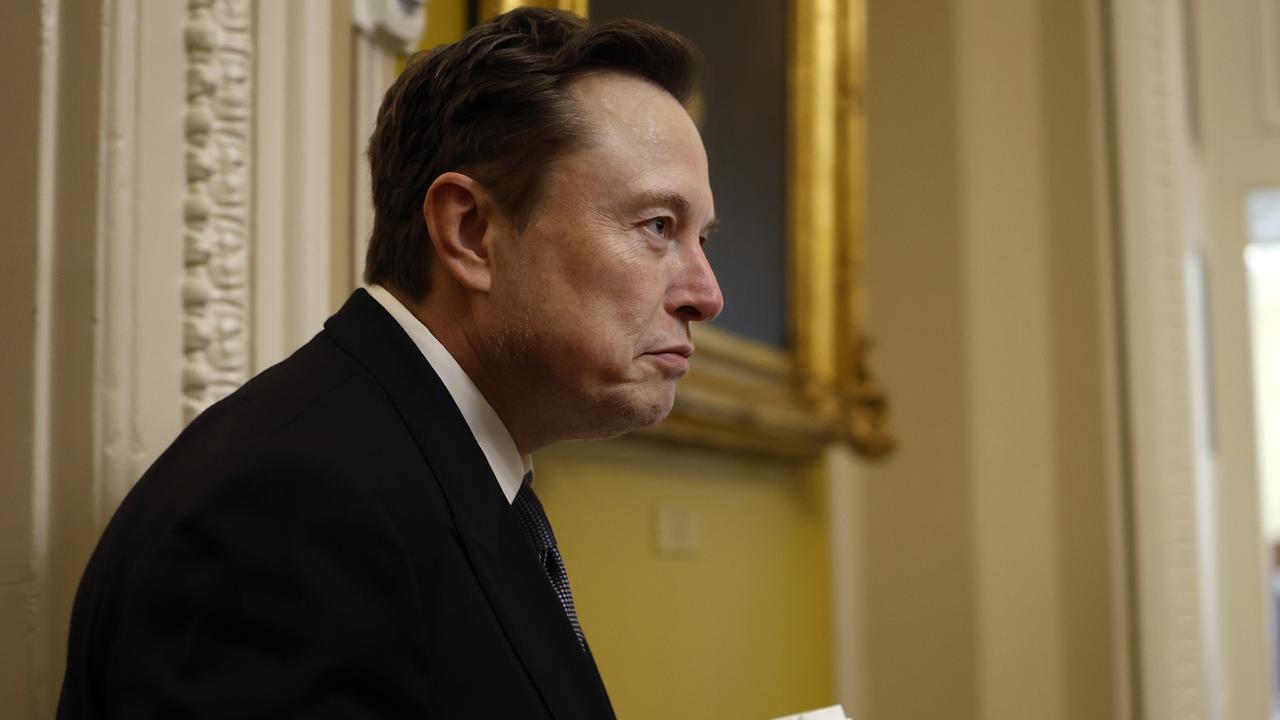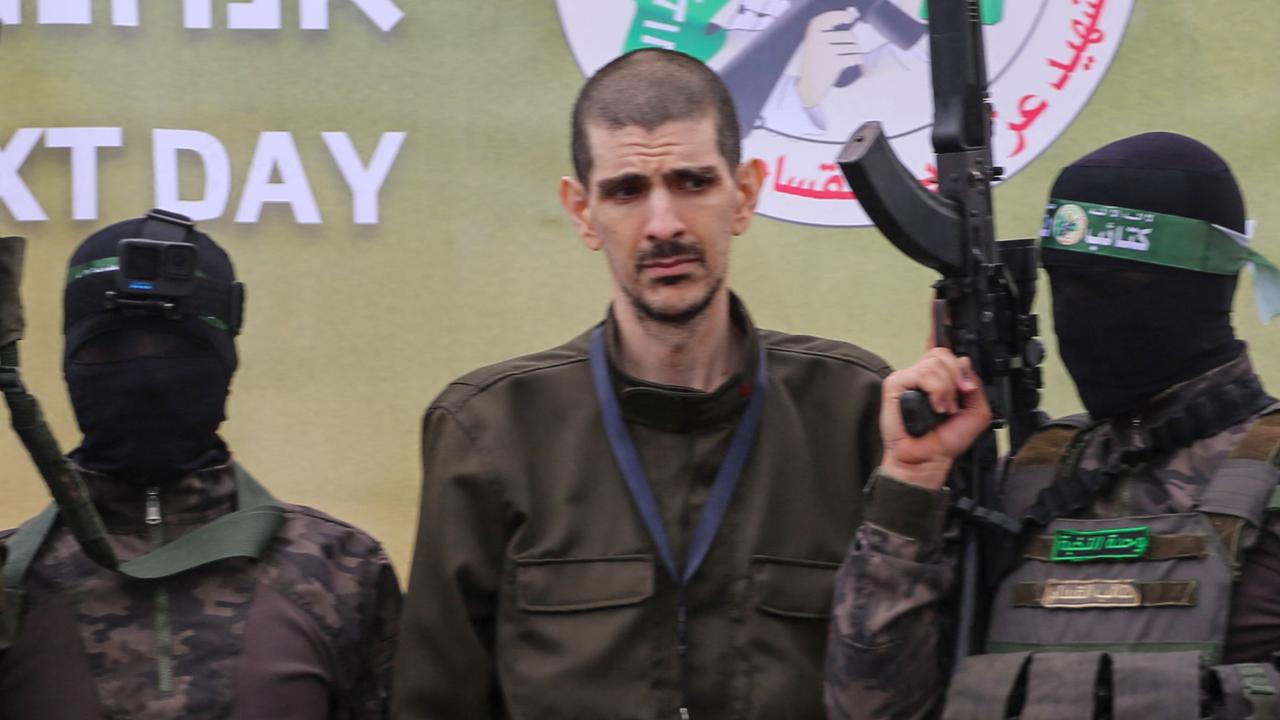China’s Xi Jinping welcomes Belarus president, key Putin ally
Alexander Lukashenko praises Beijing’s efforts on Ukraine war.

Chinese leader Xi Jinping and Belarusian President Alexander Lukashenko, Moscow’s closest ally, sought to cement the partnership between their two nations as Minsk seeks more help for its sanctions-hit economy while endorsing Beijing’s efforts to cast itself as a peacemaker in the Ukraine war.
Both Belarus and China have called for an end to the fighting in Ukraine, but neither has pressed Russia to withdraw. A Chinese position paper on Ukraine last week urged peace talks, but criticised the use of unilateral sanctions and reliance on military blocs, an apparent reference to the NATO’s support for Kyiv.
On Wednesday, while sitting down for talks with Mr Xi, Mr Lukashenko praised Beijing’s efforts on Ukraine and stated his commitment to supporting China’s proposal on international security, which he has earlier called a “new and original initiative that will have far-reaching effects in the world”.
“China and Belarus are joint defenders of international fairness and justice,” Mr Xi said, according to Chinese state television.
US and EU officials have criticised China’s call for talks, saying it isn’t acting as a neutral party. But Beijing will be happy to tout support from elsewhere, and Mr Lukashenko’s comments could resonate in other countries, where views toward Russia’s invasion are more mixed, analysts said.
“It will look good from an internal-propaganda point of view, but also in terms of the Global South, where Lukashenko is not viewed so badly as he is in Europe,” said Jakub Jakobowski, a China researcher and deputy director of the Centre for Eastern Studies in Warsaw.
Mr Lukashenko travelled to Beijing for a three-day trip as Secretary of State Antony Blinken was visiting Central Asia, where the US is attempting to build ties with ex-Soviet states and dissuade them from helping Russia circumvent Western sanctions.
Mr Lukashenko, who two years ago signed a series of agreements with Russia that left him deeply dependent on the Kremlin, is a key supporter of Russian President Vladimir Putin’s war effort. He has allowed Russian forces to use Belarus to invade Ukraine, its neighbour to the south. But Mr Lukashenko has said he wouldn’t commit his country’s military to the fight unless Belarus itself was attacked.
Ostracised by most of the West, Mr Putin has sought to strengthen strategic co-operation between Moscow and Beijing, highlighting their bond as their nations stand at odds with the US and its allies. Mr Xi is expected to visit Russia this spring. On Wednesday, while opening Moscow’s newest metro station, the Russian president said he was preparing to meet the Chinese leader.
China hasn’t supported Russia militarily, but it has been contemplating whether to provide arms, American officials say. Mr Blinken and other American officials have warned Beijing against taking such a step.
Beijing has denied it is considering whether to provide military aid to Moscow, but The Wall Street Journal reported earlier that China has exported jamming technology, jet-fighter parts and other dual-use goods to Russian defence companies, as well as semiconductors that can be used in weapons.
Belarus’s closest military ties are with Russia, but it has also co-operated with China on military equipment, including development of the Polonez, a rocket-artillery system, defence analysts said. Last year, Mr Lukashenko warned he would use the system to launch strikes on Ukraine if Belarus was attacked.
Like Russia, Belarus has been hit with sanctions from the US, EU and others over its role in the war. It also faces earlier sanctions imposed after Mr Lukashenko’s brutal crackdown on public demonstrations following a disputed presidential election in August 2020.
On Wednesday, Mr. Lukashenko told Mr Xi that Belarus was interested in deepening co-operation with China in the sphere of technological development. He proposed the creation of joint ventures in the sphere of machine tools, electric transport and the production of parts for agricultural machinery in both countries.
“Co-operation will help increase the competitiveness of products,” Mr Lukashenko said.
Belarus needs China’s economic help to help ease the sanctions pressure, said analysts who follow Belarusian foreign policy.
“You can send Belarusian products there that no longer go to Western markets,” Alexei Dzermant, a political analyst affiliated with the Centrw for the Study and Development of Continental Integration Northern Eurasia, a think tank in Minsk, Belarus. “China has a huge market and Belarus is very interested.”
China has been an important market for potash, a key fertiliser ingredient that is the main natural resource in Belarus. Sanctions have disrupted its use of Baltic ports, forcing it to focus on exporting more potash to China by rail through Russia. Chinese imports of goods from Belarus climbed to $US1.8bn in 2022, an increase of about 65 per cent more than a year earlier, according to China’s General Administration of Customs.
Like Russia, Belarus is also embracing the Chinese yuan by including the Chinese currency in its foreign-exchange reserves — and moving away from the dollar.
Belarus was an early signatory to China’s Belt and Road infrastructure initiative, a $US1 trillion program of loans and other funding for development in more than 150 countries. The Great Stone Industrial Park outside Minsk, in which China has invested about $US2bn since 2015, is one of the key projects in Belarus. But its planned role as a logistics hub for the shipment of Chinese goods to Europe has been diminished by sanctions.
China also took a less active role in promoting ties with Belarus after 2020, when Mr Putin cemented a much closer relationship with Mr Lukashenko and hampered Beijing’s outreach, analysts said. But that reversed last year, when Mr Xi and Mr Lukashenko met during a summit in Samarkand, Uzbekistan, and agreed to upgrade their nations’ ties and increase mutual political support, a move Mr Xi called a historic leap.
“That meeting in Samarkand was a moment when China started to signal publicly how their power balance with Russia has changed,” said Mr Jakobowski. “This visit continues that trend of China reaching out directly to Putin’s cronies in the post-Soviet space and setting some limits for the Russians.”
The Wall Street Journal


